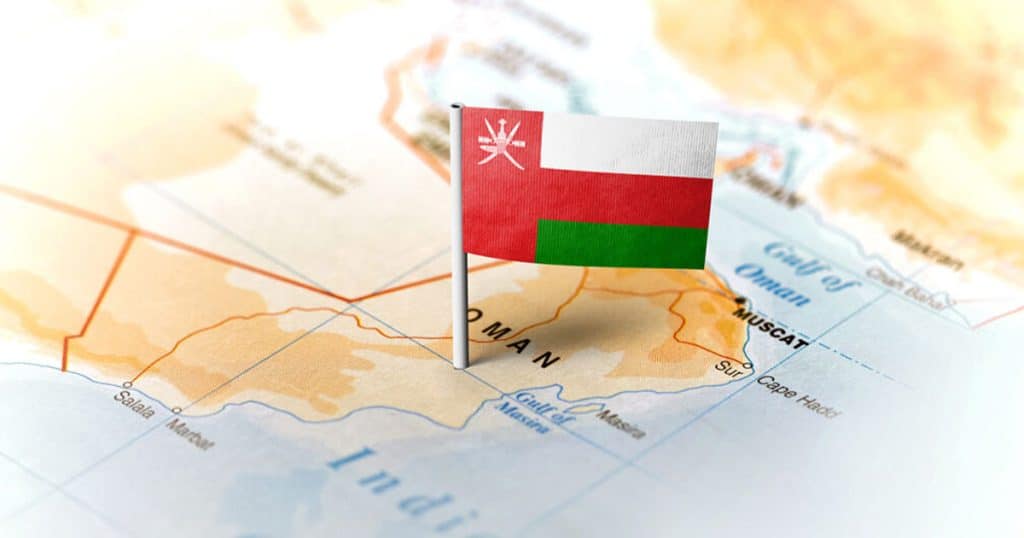+968 9596 3381
Phone Number
[email protected]
Email Address
Mon - Thu: 8:00 - 5:00
Online store always open
Phone Number
Email Address
Online store always open
WhatsApp Us Today
Drop Us an Email Today
Google Map Location
Saturday to Thursday

With Oman’s strategic location at the crossroads of Asia, Africa, and the Middle East, exporting from Oman offers unparalleled access to international markets. Oman’s diversified export sectors—including oil & gas, minerals, fisheries, textiles, and manufactured goods—are bolstered by modern ports, free zones, and trade agreements. However, navigating Oman’s export procedures and compliance requirements is essential to ensure smooth trade operations and avoid regulatory pitfalls.
If you are a business aiming to expand globally, understanding the exporting process in Oman—from documentation to customs compliance—is your gateway to success.
Oman’s government actively promotes exports as part of its Vision 2040 economic diversification agenda. With advanced logistics hubs like Port Sultan Qaboos, Sohar Port, Duqm SEZ, and Salalah Free Zone, exporters benefit from state-of-the-art facilities and efficient customs clearance processes.
Key highlights of Oman’s export environment:
Trade agreements with GCC, Arab League, and FTA with the United States.
Advanced e-Customs platform (Bayan system) for paperless export processing.
Access to Oman’s Free Zones and Special Economic Zones (SEZs) offering duty exemptions.
Here’s a simplified breakdown of the export process in Oman:
Ensure your company holds a valid Commercial Registration (CR) from the Ministry of Commerce, Industry & Investment Promotion (MOCIIP).
For certain products (like chemicals, pharmaceuticals, or arms), a specific export license from the relevant authority may be required.
Register on Oman Customs’ Bayan e-Customs portal.
Obtain a Customs Client Number to process export declarations electronically.
Compile necessary documents:
Commercial Invoice: Detailing product, quantity, and pricing.
Packing List: Describing product packaging and dimensions.
Certificate of Origin (COO): Certified by the Oman Chamber of Commerce, stating the product’s Omani origin.
Export Declaration: Filed via Bayan portal.
Bill of Lading / Air Waybill: Issued by the shipping or logistics provider.
Export Permits (if applicable): For restricted goods.
Submit export declaration electronically through Bayan.
Attach required documents and pay any applicable customs fees (generally, exports are duty-free but restricted items may incur specific charges).
Undergo inspection if flagged for examination.
Obtain clearance and export permit from Customs Authority.
Once cleared, the goods are released for loading and shipment.
Ensure compliance with packaging and labelling standards as per destination country regulations.
Retain all shipping, clearance, and export records for audit purposes.
Ensure proper documentation for VAT zero-rating on exports.
Below is a list of essential documents required for export documentation in Oman:
| Document | Purpose |
|---|---|
| Commercial Invoice | Pricing and transaction details for customs valuation |
| Packing List | Details of packaging specifications and item quantities |
| Certificate of Origin (COO) | Proof of Omani origin to benefit from trade agreements or tariff preferences |
| Export Declaration | Filed through Bayan for customs processing |
| Bill of Lading / Air Waybill | Shipping document issued by logistics carrier |
| Export License (if applicable) | Required for controlled or sensitive goods |
| Insurance Certificate | For goods that are insured during transit |
| Other Permits | Depending on product (e.g., health certificate for food items) |
Omani exporters must adhere to several compliance obligations to ensure seamless cross-border trade:
Customs Valuation Compliance: Declare true transaction value; under-invoicing can lead to penalties.
Export Control Regulations: Comply with export restrictions on sensitive goods like chemicals, arms, dual-use items.
Standards & Metrology Compliance: Meet Omani and destination country standards for quality and safety.
VAT Compliance: Exports are zero-rated for VAT, but proper documentation is required to validate this.
Anti-Dumping and Trade Remedies: Ensure adherence to anti-dumping regulations when exporting to countries with protective measures.
Sanctions & Embargo Compliance: Avoid transactions with restricted jurisdictions as per Omani foreign policy.
E-Customs Filing: Ensure accurate declarations through the Bayan system to avoid clearance delays.
Exporters operating within Oman’s Free Zones (like Sohar, Salalah, Duqm) benefit from:
100% foreign ownership rights.
Exemption from customs duties on goods exported outside the GCC.
Simplified export documentation and customs processes.
Dedicated logistics infrastructure for faster shipping.
Businesses looking for cost-effective export solutions should consider setting up in these Free Zones for operational efficiency.
Exporters may face hurdles such as:
Inadequate Documentation: Leads to customs delays or rejection.
Understanding Product-Specific Regulations: Especially for controlled items.
Logistics Coordination: Aligning shipment schedules with customs clearance.
Compliance with Destination Country Regulations: Ensuring product standards and labeling meet foreign market requirements.
Solution: Engage with experienced customs brokers, use the Bayan e-Customs platform effectively, and consult trade compliance experts for high-risk products.
Strategic Geographical Advantage: Access to key markets in Asia, Africa, and Europe.
Modern Port Infrastructure: High-capacity ports and logistic hubs.
Free Trade Agreements (FTA): Reduced tariffs with GCC, US, and Arab League nations.
Government Incentives: Export facilitation programs under Vision 2040.
E-Customs Digitization: Efficient export clearance with Bayan system.
Free Zone Export Benefits: Customs exemptions and simplified procedures.
Navigating export regulations, documentation, and customs compliance can be complex—especially for SMEs or companies venturing into new markets. Partnering with export consultants or customs brokers ensures:
Accurate and efficient documentation filing.
Mitigation of compliance risks.
Faster customs clearance and shipping coordination.
Strategic guidance on market entry and tariff advantages.
Let’s streamline your export operations from Oman with expert documentation support and compliance advisory. Get in touch today to ensure your shipments clear customs swiftly and smoothly.




Fill out our quick and easy contact form below. Briefly tell us about your vision and goals, and we’ll be in touch shortly to discuss a personalized plan for your success.
Al-Khuwair, Muscat, Sultanate of Oman